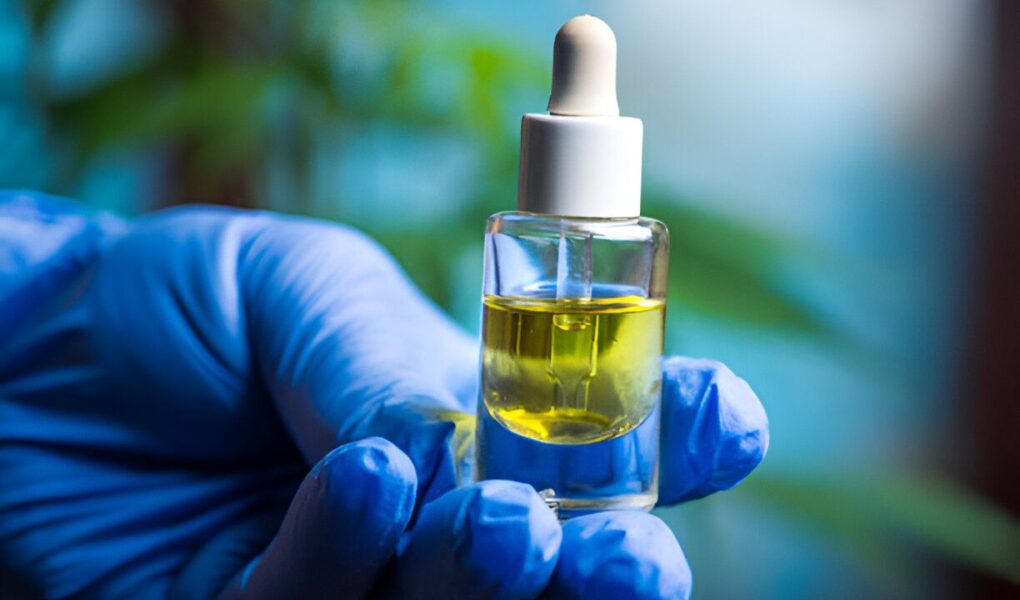As interest in natural remedies continues to grow, CBD and THC have emerged as significant players in the health and wellness industry. These compounds, derived from the cannabis plant, offer distinct benefits and effects. This article explores the differences between CBD and THC, their potential health benefits, and considerations for incorporating them into your wellness routine.
Introduction to CBD and THC
Cannabidiol (CBD) and tetrahydrocannabinol (THC) are two of the most well-known cannabinoids found in cannabis. While they originate from the same plant family, their effects on the body differ significantly. CBD is non-psychoactive, meaning it does not produce the “high” associated with marijuana.
In contrast, THC is psychoactive and responsible for the euphoric sensations often linked to cannabis use.
Differentiating CBD and THC
The primary difference between CBD and THC lies in their psychoactive properties. CBD does not induce any psychoactive effects, making it suitable for medical use without altering mental state. THC, however, produces psychoactive effects that can lead to a “high.”
Additionally, their legal status varies: CBD is widely legal in many regions, whereas THC is more heavily regulated.
Health Benefits of CBD
CBD is celebrated for its potential therapeutic applications. It is believed to help reduce anxiety and depression, manage chronic pain, improve sleep quality, and address skin conditions like acne and eczema. Available in various forms such as oils, edibles, and topicals, CBD offers versatile options for those seeking its benefits.
Health Benefits of THC
THC is recognized for its effectiveness in pain relief, particularly for conditions like fibromyalgia and multiple sclerosis. It may also alleviate nausea and vomiting, stimulate appetite, reduce anxiety in some cases, and aid sleep. Despite these benefits, THC’s psychoactive nature requires careful consideration regarding its use.
Comparing CBD and THC for Pain Management
Both CBD and THC are considered effective for pain relief. However, THC is generally more potent. While some prefer THC for its stronger effects, others opt for CBD to avoid psychoactive side effects while still managing pain effectively.
Anxiety Relief: CBD vs. THC
CBD has shown promise in reducing anxiety symptoms without altering mental clarity. While THC can also provide anxiety relief for some individuals, it may exacerbate anxiety or paranoia in others depending on dosage and individual response.
Sleep Aid: Choosing Between CBD and THC
CBD can improve sleep by addressing underlying issues such as anxiety or pain. While THC may induce drowsiness, its psychoactive effects might disrupt natural sleep patterns for some users.
Appetite Stimulation: The Role of CBD and THC
THC is well-known for increasing appetite—often referred to as “the munchies.” In contrast, CBD does not typically affect appetite significantly but may still play a role in overall digestive health.
Legal Considerations
The legality of CBD and THC varies widely across different regions. While hemp-derived CBD is legal in many areas due to its low THC content, products containing higher levels of THC may be restricted or illegal. It’s essential to understand local laws before purchasing or using cannabis-derived products.
Conclusion
As research continues to expand our understanding of these compounds, they present new possibilities for addressing various health concerns. Whether seeking relief from specific symptoms or exploring general wellness options, staying informed about the differences between CBD and THC is crucial.


